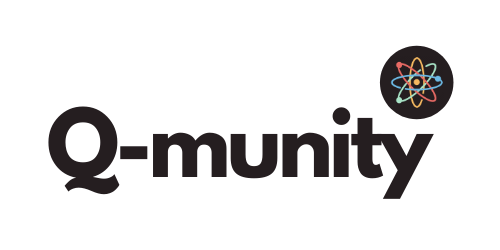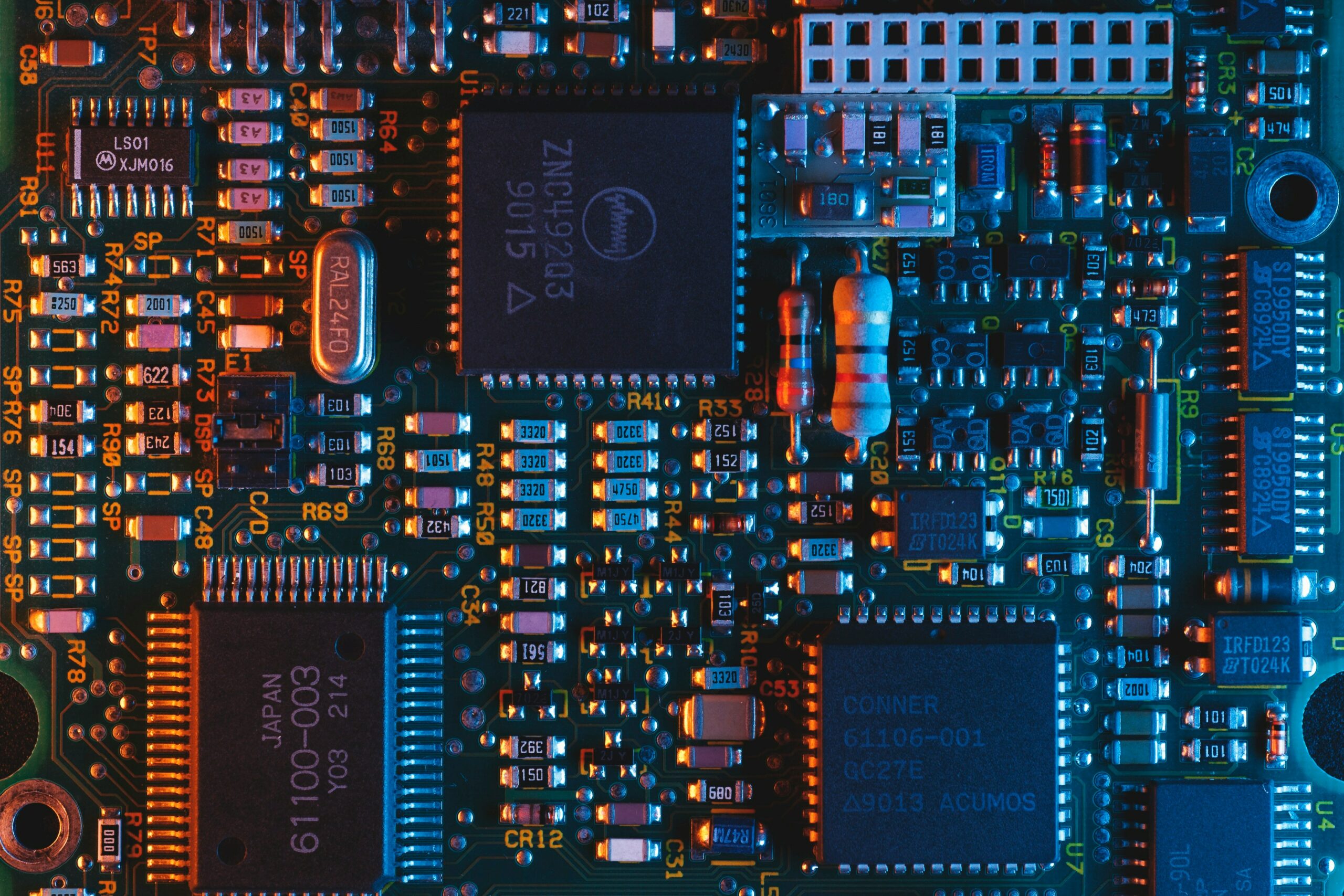Interest in quantum computing among the high school population is ever-growing. As students prepare for the newest round of college application, those who have identified quantum computing as their idealized field of study ask: what are the best universities for quantum computing worldwide?
While the list of universities involved in quantum computing is long, we highlight several top universities fostering the next generation of professionals in quantum computing.
Quantum Computing Universities – Selection Strategy
While perusing the list of potential universities, we retained a focus on undergraduate students. While the exact culture on undergraduate research varies from country to country, we sought universities that fulfilled one or more of the following criteria. They have:
- Prominent research groups,
- Opportunities for undergraduates involve in quantum computing research, and
- A focus on sustaining the quantum computing community in the institution.
Some universities have especially notable strengths in various areas. As such, we categorize the top universities our team uncovered into three categories:
- All-around strong candidates,
- Universities with notable undergraduate or sustainable programs, and
- Runner-ups worth mentioning.
Admittedly, this list is far from comprehensive, as dozens of other universities not included here, from Seoul National University to Yale, all have strong quantum information science programs. As such, this list is meant to function as a jumping-off point for students hoping to pursue college careers in quantum computing worldwide.
The universities are presented in no particular order.
All-Around Best Universities Worldwide for Quantum Computing
Caltech
The California Institute of Technology, or Caltech, has held its place as one of the foremost locations worldwide for physics research for decades. The Institute of Quantum Information and Matter (IQIM) center at Caltech hosts some of the most well-known researchers and research groups in quantum computing, including Alexei Kitaev (credited as one of the founders of quantum information science), Fernando Brandao (for his work in faster quantum algorithms spanning linear algebra and optimization), and John Preskill (with extensive work in connecting quantum information science with the likes of condensed matter physics and quantum gravity).
On top of this, what makes Caltech especially intriguing for undergraduate students is their undergraduate involvement in on-campus research. While the institute is considerably smaller relative to, say, a public state university, student involvement in quantum studies occurring on campus is significant. Indeed, research is largely cross-disciplinary, spanning the CMS, mathematics, and physics departments of Caltech, and the physics and math-centric curricula for undergraduates further support this. While at Caltech, students also have an opportunity to get involved with the university’s partnership with major industry partners, such as Amazon Web Services (AWS).
ETH Zurich
ETH Zurich, or the Swiss Federal Institute of Technology in Zurich, hosts the Quantum Center, which offers classes in quantum science and technology, alongside an MSc in Quantum Computing, Quantum Center Research Fellowships, and key workshops. The center also hosts leading researchers, including Dr. Andreas Wallraff, a leading researcher in solid state physics and its applications in quantum computing.
Additionally, the ETHZ-PSI Quantum Computing Hub marks one of many notable collaborations between universities and high-level quantum institutes worldwide. In this case, ETH Zurich and the Paul Scherrer Institute have established a joint center on ion trap and superconducting quantum circuits. This operates alongside the HPQ Building Project and support from the Swiss government’s Swiss Quantum Initiative to support the establishment of Switzerland as a leader in quantum sciences and technologies. As such, Switzerland and ETH Zurich are hotbeds of long-term research and development in quantum computing, making studying there an incredible opportunity.
Massachusetts Institute of Technology (MIT)
As one of the most respected technological institutions in the United States, MIT hosts a wide range of student involvement in quantum computing, from the quantum computing club on campus to the Quantum Information Science (QIS) labs. An on-campus team also hosts the MIT iQuHACK competition annually, a hackathon that develops quantum computing solutions based around some central set of themes.
MIT also engages some of the most prominent researchers and their labs in quantum computing, including Dr. William D. Oliver, Dr. John Chiaverini, Dr. Jeremy Sage, and Dr. Isaac Chuang. Undergraduates oftentimes get involved with labs on campus.
University of Chicago
The University of Chicago is one of the few universities worldwide known to offer an undergraduate (and PhD) program in quantum information science and engineering, nested under the Pritzker School of Molecular Engineering and the Physical Science Division. The quantum computing club on campus pairs well with significant undergraduate research presence amongst cutting-edge labs in quantum computing, including the Schuster Lab, Cleland Lab, Dr. Aashish Clerk’s research group, and the Jiang Group.
The university is a part of the larger Chicago Quantum Exchange, which connects undergraduate and graduate students with internships at major research labs, such as Fermilab and Argonne, and a number of other research partners. UChicago has also partnered with IBM to deliver materials for educators to learn about quantum-centric supercomputing, an international partnership that also included top universities in Korea and Japan.
Top University Programs for Undergraduate Involvement in Quantum Computing
Delft University of Technology
The Delft University of Technology (TU Delft) hosts QuTech, a quantum computing division with goals of developing scalable, error-protected superconducting circuits, building modular spin-qubit processors, and bridging the gap between quantum applications and quantum devices. Their heavy involvement in research – including through the DiCarlo Lab (which straddles the divide between QuTech and the Kavli Institute of Nanoscience) – gives undergraduates an opportunity to obtain hands-on experience.
The QuTech academy allows undergraduate students to obtain a minor in quantum science and quantum information, which cumulates in a Bachelor’s Thesis project, for which students may apply to work directly with one of QuTech’s research groups. The institution also designs and releases courses in quantum computing via popular online platforms, such as EdX.
Harvard University
In the last few years, Harvard has invested numerous resources in building both a graduate and undergraduate program around quantum computing. They established the Quantum Science and Engineering doctorate program, nested under the Kenneth C. Griffin Graduate School of Arts and Sciences. Through this program and the general prestige of the university, students have access to world-renowned faculty and research, including Dr. Mikhail Lukin’s work in quantum optics.
Additional evidence points to an activate Quantum Computing Association on campus, right alongside a still growing Harvard Quantum Initiative’s Summer Research Program fellowship for undergraduates launched in summer 2022. The Harvard Quantum Initiative is a wider effort to foster rapid technological development in the field, and partnerships with the likes of AWS are built and maintained.
University of Maryland at College Park
The University of Maryland at College Park (UMD) is well-renowned for its work in physics and, in the last decade or so, has put emphasis on recognizing the importance of quantum computing in future generations. In the words of the University of Maryland president, Dr. Darryll J. Pines, “Quantum can be for us what silicon was for Silicon Valley. This is that big play for the state of Maryland and this entire region.”
This same enthusiasm is reflected in UMD’s partnership with leading quantum companies, such as IonQ and the National Quantum Lab. The former fosters close industry and student connections in quantum research and the latter directly results in the UMD Quantum Machine Learning research stream. The quantum machine learning research stream is nested under the First-Year Innovation & Research Experience (FIRE) program, intended to bring first year college students into this daunting world of quantum research through inclusivity-focused mentorship and hands-on projects.
Furthermore, UMD fosters the next generation of quantum startups through the unique Quantum Startup Foundry (QSF), which bridges the gap between the current startup industry and bringing quantum technologies to the wider market. In simple terms, the investment in the next generation of quantum leaders is clear, making UMD stand out.
Read also: Why the Excitement About Quantum Machine Learning (QML)?
Honorable Mentions of Universities for Quantum Computing
These universities did not quite make it to the shortlist, but they are still worth mentioning. We list some of these below.
Duke University
Featuring renowned quantum information systems researchers Dr. Jungsang Kim and Dr. Kenneth Brown, Duke University is well known for its Duke Quantum Center, with tens of millions of dollars worth in investments from major companies interested in fostering a future for quantum computing.
Princeton University
Princeton University has had a long-standing relationship with renowned quantum researchers, including Richard Feynman. Today, quantum research groups at Princeton, including the Houck Lab on superconducting quantum computing and simulation, the de Leon group under the Princeton Center for Complex Materials, and the Thompson lab’s work in quantum optic, are among the most respected across the world. The Princeton Quantum Initiative keeps these connections and works alive.
Concluding Notes
With that, we wrap up the shortlist of top universities around the world for quantum computing studies. Highly motivated students are encouraged to get involved with on-campus research labs, industry-level collaborations, and even student associations.
Of course, the possibilities to get involved in quantum computing are endless, and where students ultimately receive their degree does not dictate what they decide to do with their knowledge. Regardless of what happens, one thing remains clear: students’ excitement to study quantum computing drives forward development in the field, making the potential for where quantum computing may lead beyond imagination.






